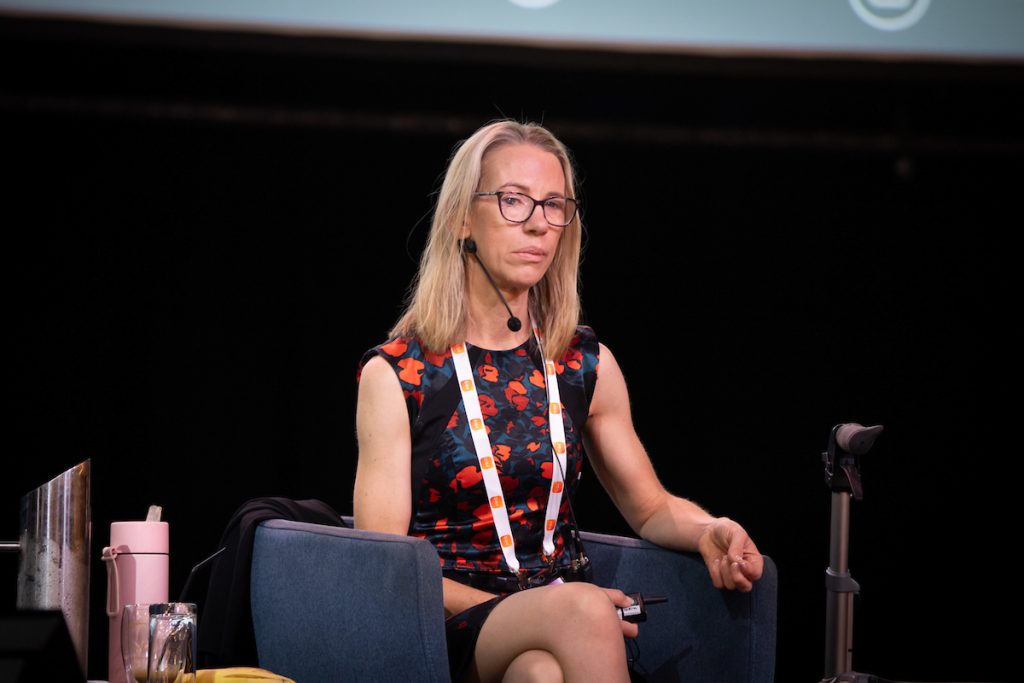 Earlier in the year I visited a University, as I often do, to talk with OT students during their tutorials. They interview me as someone with lived experience of disability, and I offer feedback on their question-asking skills. I don’t do this at all to criticise, but to help them grow and develop into awesome empowering therapists. I’d rather they try out their new skills on me, than on a vulnerable patient when they enter the profession! Yep, I’m a guinea pig!
Earlier in the year I visited a University, as I often do, to talk with OT students during their tutorials. They interview me as someone with lived experience of disability, and I offer feedback on their question-asking skills. I don’t do this at all to criticise, but to help them grow and develop into awesome empowering therapists. I’d rather they try out their new skills on me, than on a vulnerable patient when they enter the profession! Yep, I’m a guinea pig!
My aim is always to give constructive and hopefully practical suggestions. I encourage them to reframe questions so they elicit clearer responses, build rapport, and leave the person being interviewed feeling heard and empowered.
But giving feedback is a fine line. Even with the best intentions, it can be taken personally.
 During one session, a student asked:
During one session, a student asked:
“What has been the most challenging thing you’ve faced in your recovery? And what were your thoughts about how your occupational identity was affected?”
All while looking at her laptop, without making eye contact.
I understood what she was trying to ask, but the question had several layers, no clear timeframe, and with no eye contact, I struggled to connect with her.
So I offered her gentle, constructive feedback:
“Try focusing on the timeframe of an activity, perhaps like What was the most challenging part of relearning to speak in the last year? A timeframe makes it easier to answer. And instead of asking how someone dealt with it, you can frame it in a more empowering way that helps them reflect on what they’ve done. Identity is a separate, overwhelming topic, so try not to bundle it in.”
She didn’t take it well. She withdrew, became defensive, and disengaged from the process. And that’s okay, I know any feedback can be uncomfortable, especially when you’re still learning your professional identity. But I also felt thid was a missed opportunity. I wanted her to try the question again in a different way, because these are the exact skills she will need as an OT. When sitting with someone vulnerable, or someone with hearing or memory difficulties, they may not feel comfortable asking you to repeat or clarify a confusing question. Your clarity, presence, and willingness to try really matter.
As someone with a disability, I want all of these students to become great OT’s for the experience of those they support and maximise the care they’re able to give them.
So it raises some important questions:
How do we take on suggestions without taking offence?
How do we separate the feedback from our sensitivity and recognise it as an opportunity to grow?
Remember, constructive feedback isn’t about judgement or any form of a personal attack. It’s about growth & development. It’s about learning to show up better for the people who will rely on you. If you learn and grow, so will they!